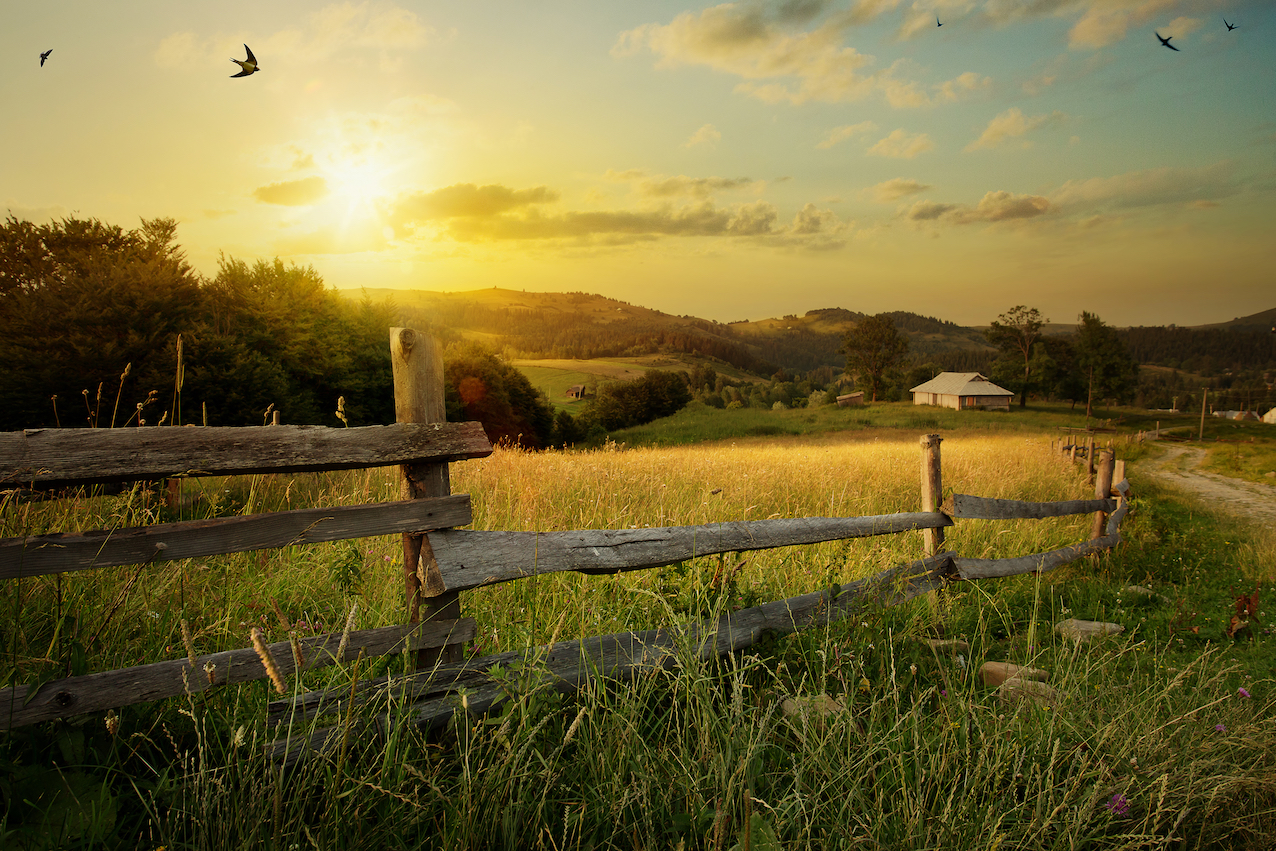
Agriculture can seriously threaten surrounding native wildlife
Graziers are farmers who rear sheep and cattle and graze them over wide sets of rural land. In order to do so, they often clear trees, debris, and brush for their livestock’s grazing needs. However, clearing trees for agriculture can have dire consequences on certain species who flourish and thrive in forest habitats.
A study from James Cook University in Queensland, Australia examined reptiles near grazing areas and studied how the grazing affected the survival and well-being of ground dwelling lizards and snakes, as well as those reptiles who could live in the trees.
“We looked at four different types of paddock near Townsville, all with different approaches to stock levels. We found that ground-based reptiles in paddocks with high numbers of cattle were heavily impacted by grazing. However, tree-dwelling reptiles were able to thrive in all of the grazing treatments, including the heavily stocked paddocks,” said Heather Nielly, a research team member from James Cook University.
The findings revealed that tree conservation is critical to the survival of many species, and understanding just how grazing habits affect ground dwelling reptiles will help show the full impact livestock has on native wildlife.
Native species are necessary to the ecosystem, so the James Cook study does more than just explain why conservative clearing practices are beneficial to ground and tree dwelling reptiles. Native wildlife can be an important part of pollination efforts, seed dispersal, pest control, and helps keep the soil rich with nutrients.
Any attempts to clear the land of native wildlife will show adverse effects on the surrounding ecosystem, as well as severely threaten certain species who depend on tree coverage and forest habitats.
Currently, 25% of the earth’s land is used for grazing, and studies like this one showcase the need for active community engagement in preventing habitat loss by implementing conservative clearing and grazing practices.
—-
By Kay Vandette, Earth.com Staff Writer













